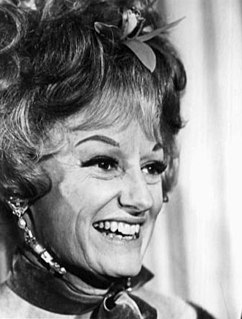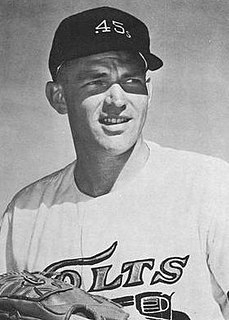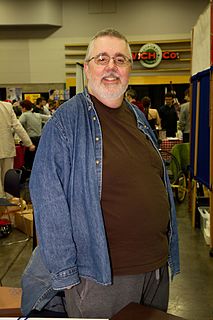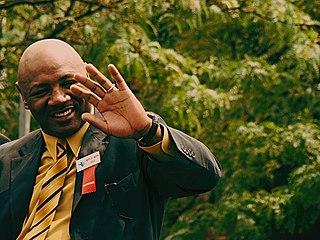A Quote by Phyllis Diller
Related Quotes
An age where you feel like you could love anyone, where you put everything on the line for the smallest of things. Eighteen. Adults say that it's an age where we laugh if a leaf tumbles by. But back then, we were more serious than any adult, more intense, and had our strength tested. 1997. That was how our eighteen was beginning.
It strikes me that the only reason to take apart a pocket watch, or a car engine, aside from the simple delight of disassembly, is to find out how it works. To understand it, so you can put it back together again better than before, or build a new one that goes beyond what the old one could do. We've been taking apart the superhero for ten years or more; it's time to put it back together and wind it up, time to take it out on the road and floor it, see what it'll do.
We believe we're moving out of the Ice Age, the Iron Age, the Industrial Age, the Information Age, to the participation age. You get on the Net and you do stuff. You IM (instant message), you blog, you take pictures, you publish, you podcast, you transact, you distance learn, you telemedicine. You are participating on the Internet, not just viewing stuff. We build the infrastructure that goes in the data center that facilitates the participation age. We build that big friggin' Webtone switch. It has security, directory, identity, privacy, storage, compute, the whole Web services stack.
There's this Indian fellow who worked out a cycle like the idea of stone-age, bronze-age, only he did it on an Indian one. The cycle goes from nothing until now and 20th century and then on and right around the cycle until the people are really grooving and then just sinks back into ignorance until it gets back into the beginning again. So the 20th century is a fraction of that cycle, and how many of those cycles has it done yet? It's done as many as you think and all these times it's been through exactly the same things, and it'll be this again.

































